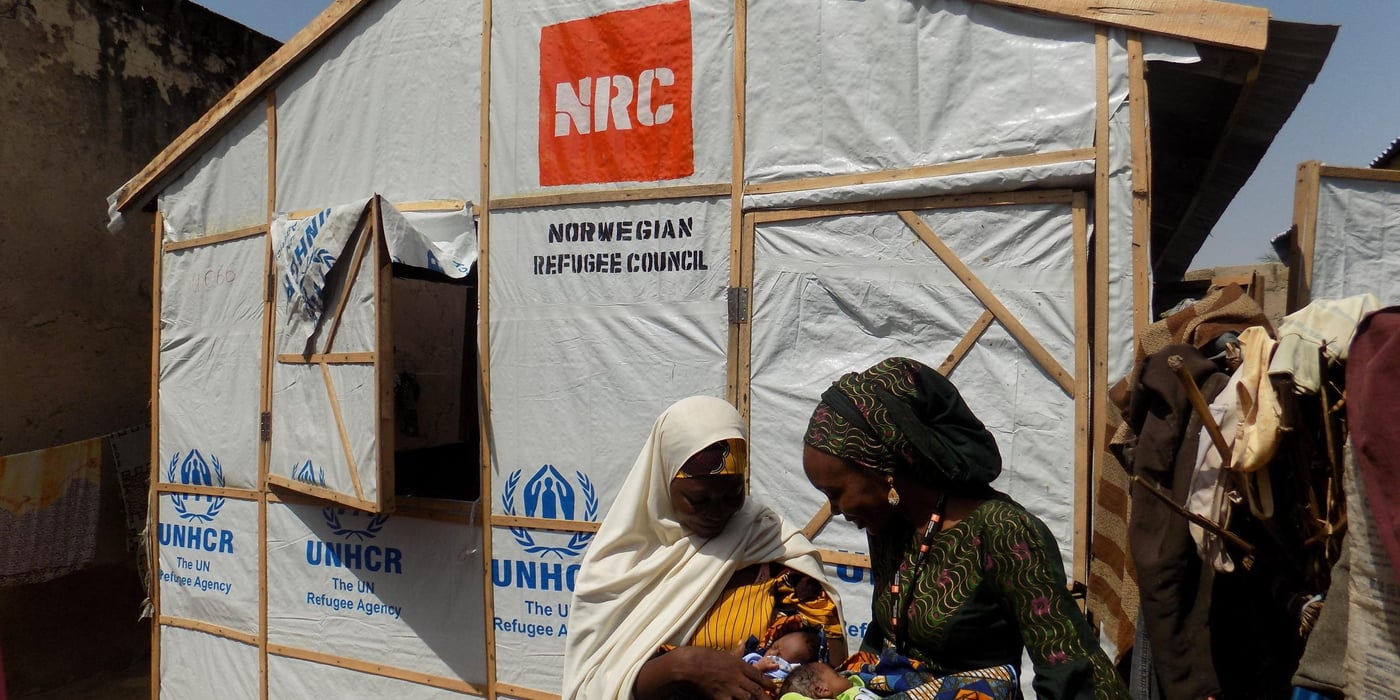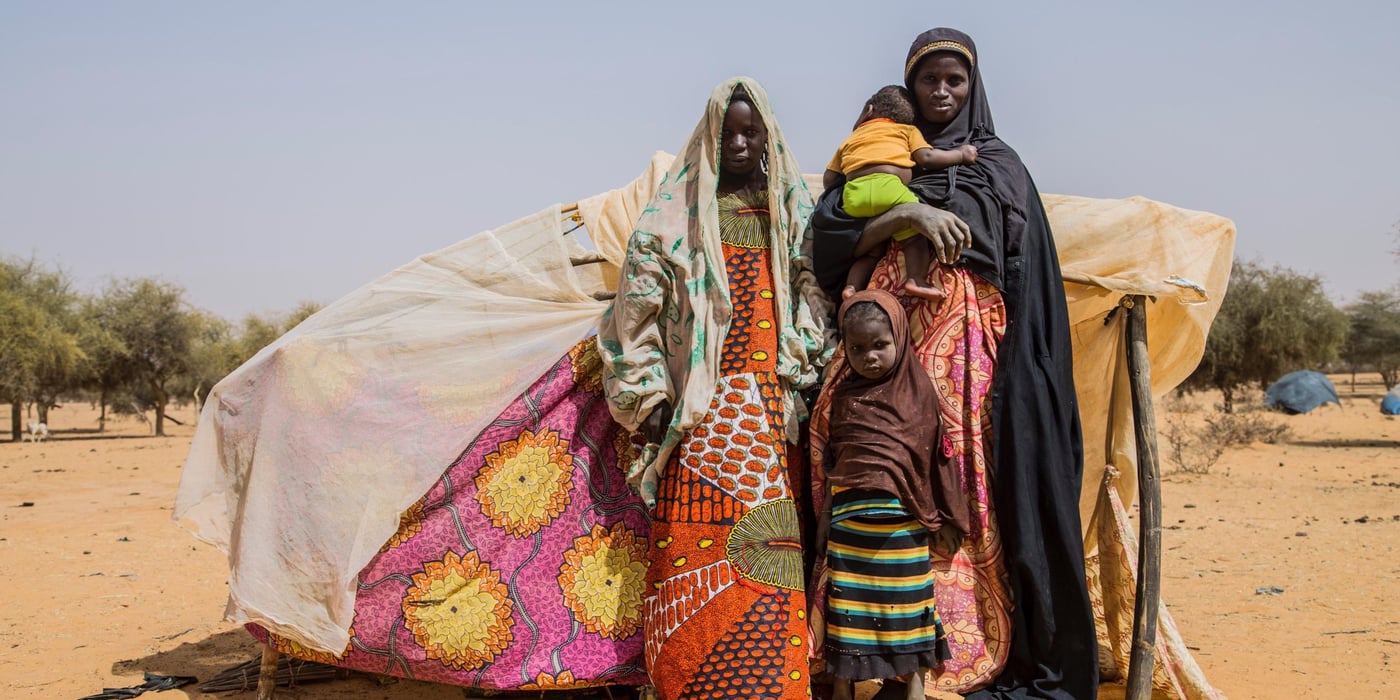
“I hope for a better future for my children, but for now we need assistance to stay alive,” says Halima (Her name has been changed for privacy reasons).
She is one of more than 43,000 internally displaced people and people of host communities in Maiduguri receiving assistance from Norwegian Refugee Council (NRC).
2.2 million people displaced
Nigeria is one of the main countries that continue to be affected by violence in the larger Lake Chad Basin. The violence caused by Boko Haram in 2009 has left an estimated 2.2 million people displaced. Homes and livelihoods have been destroyed and people are struggling to survive under desperate conditions.
However, amidst the many dire and tragic stories, a little joy can be found. In 2015, Halima and her husband escaped the massacre caused by insurgents in Baga. Together with their three children aged 11, 6 and 3, they walked almost 230 km to seek safety in Maiduguri, northeast Nigeria. On arrival, the family found shelter in a primary school classroom, sharing little space with 20 other displaced people who had all fled from violence. Shortly after, the family was registered by NRC and on 31 July 2016 they received a shelter.
Life is difficult but at least our family has a place to live.Halima, internally displaced Nigerian
Just in time
The shelter came just in time, with Halima giving birth to twin girls in their new home just two days later. When looking at her babies, she smiles.
“There was no time to get to a hospital, everything was going very fast”. Despite the stress of displacement and illness, Halima is relieved her babies were born healthy.
While still adjusting to life in Maiduguri, she says “NRC assistance made a difference. Life is difficult but at least our family has a place to live.”
A proud mother of five children, she fears for their future. Her husband used to be a fisherman and now generates some income as a tailor. Her children do not go to school and her family misses the life they had before they were displaced.
Following shelter assistance, Halima’s family will receive non-food items such as soap, laundry detergent, a bucket and a mosquito net. Her newborns will be assisted by the legal assistance team with birth certificates, which are required to obtain national identity documents and facilitate access to services such as education and health care. Plans are also underway to establish a borehole in the community, which provides access to safe drinking water.




